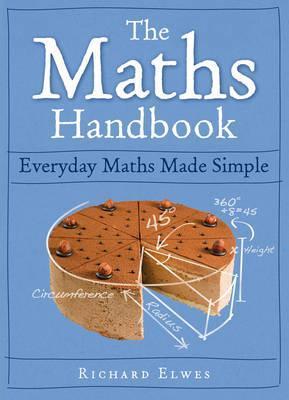What do you think?
Rate this book


Covering all the basics including fractions, equations, primes, squares and square roots, geometry and fractals, Dr. Richard Elwes will lead you gently towards a greater understanding of this fascinating subject. Even apparently daunting concepts will be explained simply, with the assistance of useful diagrams, and with a refreshing lack of jargon. So whether you're an adult or a student, whether you're the sort of person who does Sudoku puzzles, crosswords, or has always been daunted by numbers at work, school or in everyday life, you won't find a better way of overcoming your nervousness about math and learning to enjoy this most amazing of human discoveries.
224 pages, Paperback
First published January 1, 2011